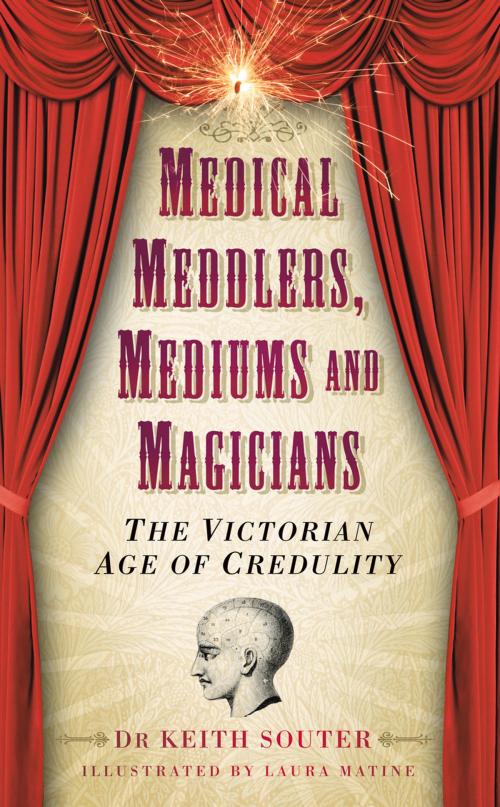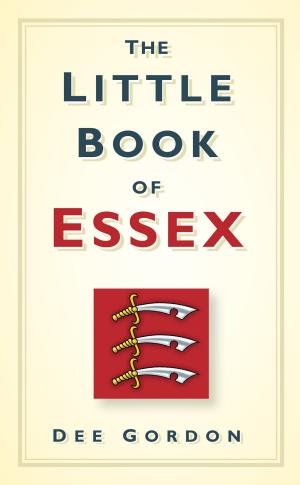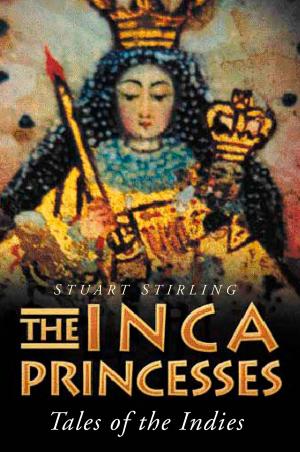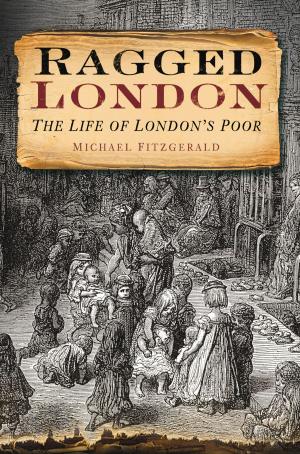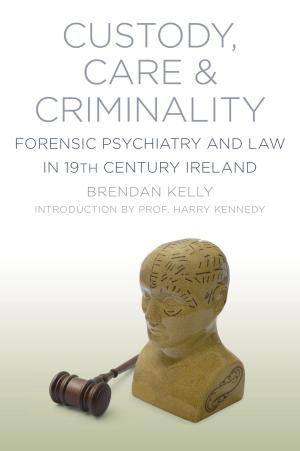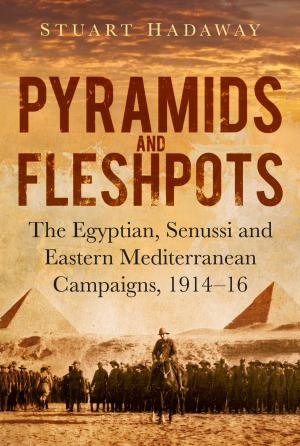Medical Meddlers, Mediums and Magicians
The Victorian Age of Credulity
Nonfiction, History, Modern, 19th Century| Author: | Keith Souter | ISBN: | 9780752478074 |
| Publisher: | The History Press | Publication: | November 30, 2011 |
| Imprint: | The History Press | Language: | English |
| Author: | Keith Souter |
| ISBN: | 9780752478074 |
| Publisher: | The History Press |
| Publication: | November 30, 2011 |
| Imprint: | The History Press |
| Language: | English |
An exploration of how and why an era underpinned by science and logic was also so rife with quacks and conjurers The Victorians had a thirst for knowledge, which drove them to explore the unchartered corners of the world, plumb the unfathomable depths of science, discover evolution, and create some of the engineering and architectural marvels of the world. Yet this open-mindedness also at times made them utterly gullible. Because of their closeness to disease and the ever-present threat of their own mortality, it was inevitable that they would be open to the claims of quacks who promised all kinds of panaceas, and to mediums who offered a means of communicating with the dead. So too did it make them eager for diversion and entertainment by the conjurers and illusionists of the great music halls. Strangely, it was through the magic-making skill of the conjurers that the activities of many of the tricksters and fraudulent mediums finally came to be exposed. This look at the Victorians’ gullibility in matters of life, death, and entertainment is a box of delights for all students of Victoriana.
An exploration of how and why an era underpinned by science and logic was also so rife with quacks and conjurers The Victorians had a thirst for knowledge, which drove them to explore the unchartered corners of the world, plumb the unfathomable depths of science, discover evolution, and create some of the engineering and architectural marvels of the world. Yet this open-mindedness also at times made them utterly gullible. Because of their closeness to disease and the ever-present threat of their own mortality, it was inevitable that they would be open to the claims of quacks who promised all kinds of panaceas, and to mediums who offered a means of communicating with the dead. So too did it make them eager for diversion and entertainment by the conjurers and illusionists of the great music halls. Strangely, it was through the magic-making skill of the conjurers that the activities of many of the tricksters and fraudulent mediums finally came to be exposed. This look at the Victorians’ gullibility in matters of life, death, and entertainment is a box of delights for all students of Victoriana.
